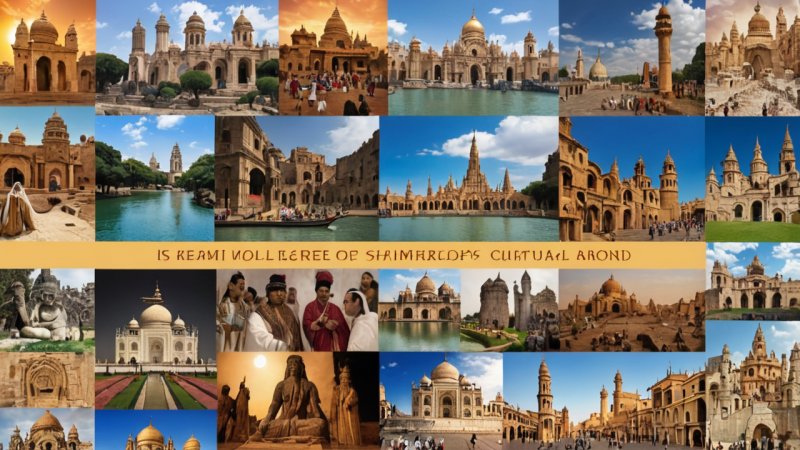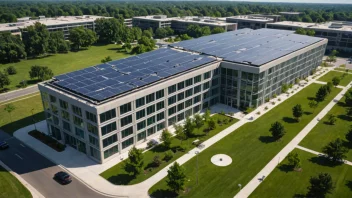In an increasingly interconnected world, the significance of cultural heritage becomes ever more pronounced. As globalization reshapes societies, the need to preserve and celebrate unique cultural identities is essential for fostering mutual understanding and respect among diverse populations. This article explores the multifaceted importance of cultural heritage in a globalized context, highlighting its role in identity formation, economic development, social cohesion, environmental sustainability, and education.
1. Identity Formation
Cultural heritage is a cornerstone of individual and collective identity. It encompasses the traditions, languages, arts, and histories that define communities and nations. In a globalized world, where cultural homogenization threatens local customs, preserving cultural heritage helps individuals maintain a sense of belonging and pride. This identity formation is crucial for:
- Personal Connection: Individuals often find a sense of self in their cultural roots, which can enhance self-esteem and community ties.
- Intergenerational Transmission: Heritage allows for the passing down of values and traditions from one generation to the next, ensuring continuity.
- Diversity Celebration: Recognizing and valuing different heritages enriches the global tapestry, promoting a more inclusive society.
2. Economic Development
Preserving cultural heritage can significantly contribute to economic growth. Heritage sites and cultural practices attract tourism, creating jobs and generating revenue. The economic impact of cultural heritage includes:
- Tourism Revenue: Cultural landmarks draw millions of visitors, providing income for local businesses.
- Job Creation: The maintenance and promotion of cultural heritage sites create employment opportunities in various sectors.
- Local Craftsmanship: Supporting traditional arts and crafts can stimulate local economies and promote sustainable practices.
3. Social Cohesion
Cultural heritage plays a vital role in fostering social cohesion within communities. By promoting shared values and collective memories, it can bridge divides and foster unity among diverse groups. Key aspects include:
- Community Engagement: Heritage initiatives often involve local participation, enhancing community bonds.
- Conflict Resolution: Understanding and respecting different cultural backgrounds can mitigate tensions and promote peaceful coexistence.
- Civic Pride: A shared appreciation for cultural heritage can instill pride in communities, motivating collective efforts toward preservation.
4. Environmental Sustainability
The relationship between cultural heritage and environmental sustainability is increasingly recognized. Traditional practices often embody sustainable methods of resource management, which can inform contemporary approaches. Important connections include:
- Traditional Ecological Knowledge: Indigenous practices often provide insights into sustainable land use and biodiversity conservation.
- Preservation of Landscapes: Heritage sites often encompass unique ecosystems that must be protected for future generations.
- Community-Led Conservation: Engaging local communities in heritage conservation can enhance environmental stewardship.
5. Education and Awareness
Cultural heritage serves as a powerful educational tool, fostering awareness and understanding among individuals of all ages. It can play a significant role in shaping global citizens through:
- Curriculum Development: Incorporating cultural heritage into educational programs enhances students' understanding of global diversity.
- Promoting Critical Thinking: Engaging with different cultures encourages individuals to think critically about their own identities and worldviews.
- Encouraging Lifelong Learning: Cultural heritage initiatives often promote ongoing education through workshops, exhibitions, and community events.
In conclusion, the significance of cultural heritage in a globalized world cannot be overstated. From fostering identity formation and economic development to enhancing social cohesion, promoting environmental sustainability, and facilitating education, cultural heritage is a vital component of a harmonious global society. As we navigate the challenges of globalization, prioritizing the preservation and celebration of cultural heritage will ensure that diverse voices continue to enrich our shared human experience.






